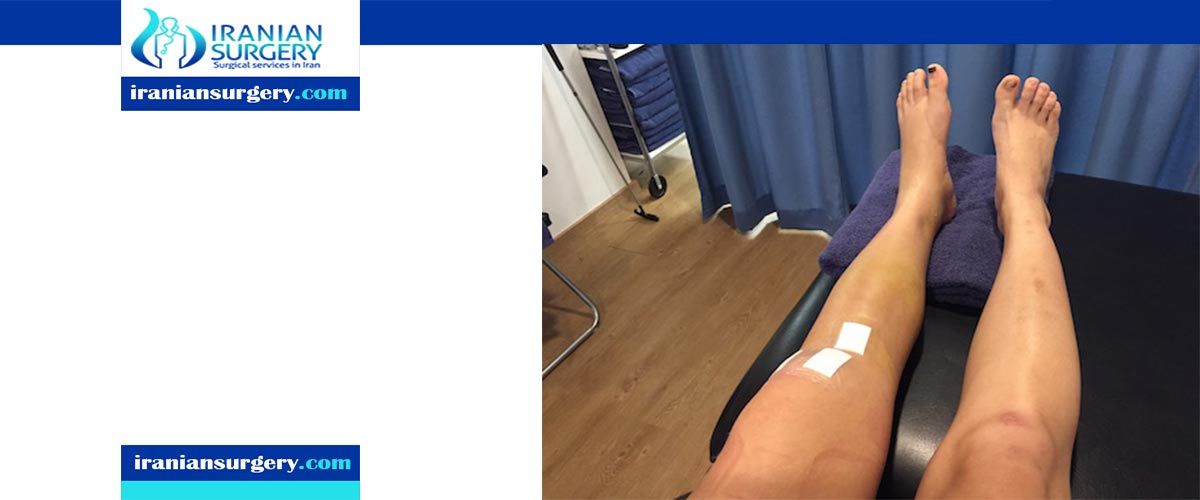Acl Repair Surgery Recovery

https://iraniansurgery.com/en/acl-repair-surgery-recovery/
ACL Reconstruction Recovery
After ACL Reconstruction Surgery
What to expect afterwards
You’ll need to rest until the effects of the anaesthetic have passed. You’re likely to have some pain, stiffness and discomfort as the anaesthetic wears off, but you'll be offered pain relief as you need it.
You’ll be encouraged to get up and move around, and to put weight on your leg as soon as possible. You may be given crutches and a knee brace to help support you.
This operation is usually done as an out-patient procedure. This means you’ll be able to go home once the anaesthetic has worn off. However, you’ll need someone who can drive you home and stay with you overnight.
You’ll have dressings over the wounds around your knee. Before you go home, you’ll be given some advice about caring for your healing wounds, signs of infection to look out for and pain relief you can take at home. You’ll also be given a date for a follow-up appointment.
Having a general anaesthetic can really take it out of you. You might find that you're not so co-ordinated or that it's difficult to think clearly. This should pass within 24 hours. In the meantime, don't drive, drink alcohol, operate machinery or make any important decisions.
Read more about : Acl Repair Surgery Procedure
Read more about : Achilles Tendon Repair Surgery
Recovering from an ACL reconstruction
It usually takes about six months to a year to make a full recovery from ACL reconstruction. You’ll see a physiotherapist within the first few days after your operation, who will give you a rehabilitation program to follow with exercises specific to you. These will depend on many things, including the extent of the damage to your knee and the level of activity you’re hoping to get back to.
Following your rehabilitation program will help you get your full strength and range of motion back in your knee. Many people are able to progress to walking without crutches within about two weeks after surgery. It usually takes about six to nine months to be able to go back to playing sport. This varies from person to person though and will depend on the sport you play and how well you’re recovering. Some people wear a knee brace when they return to playing sport. However, they can be bulky and awkward to wear. You don’t need to wear one – it doesn’t seem to make a difference to how well your knee functions. But you might find that it helps build your confidence as your knee will feel supported.
During your recovery, you can take over-the-counter painkillers such as paracetamol or anti-inflammatory medicines such as ibuprofen. Make sure you read the patient information that comes with your medicine and if you have any questions, speak to your pharmacist for advice. You can also apply ice packs (or frozen peas wrapped in a towel) to your knee to help reduce pain and swelling. Don't apply ice directly to your skin though, as it can damage it.
Your surgeon will be able to advise you about when you can return to work, driving, and other activities.
Source:

